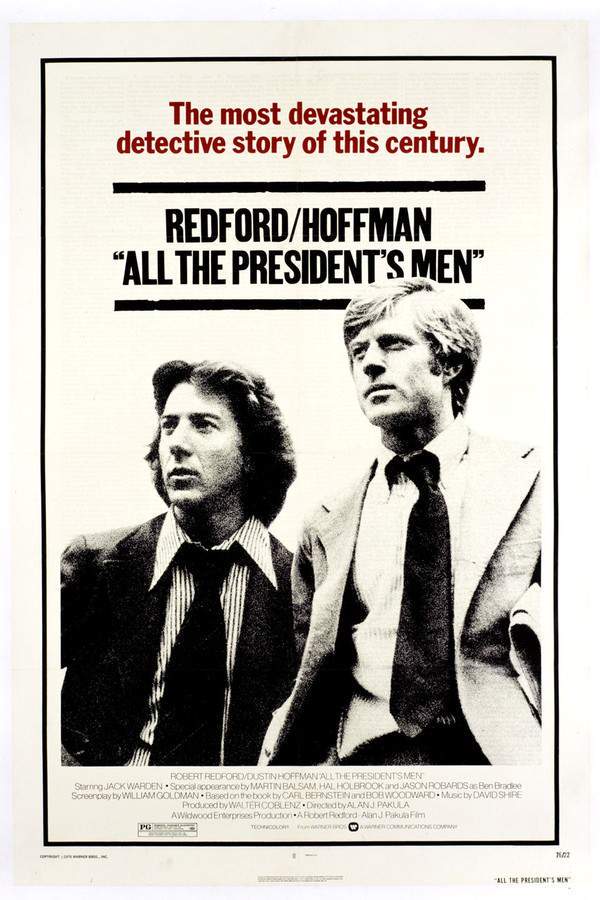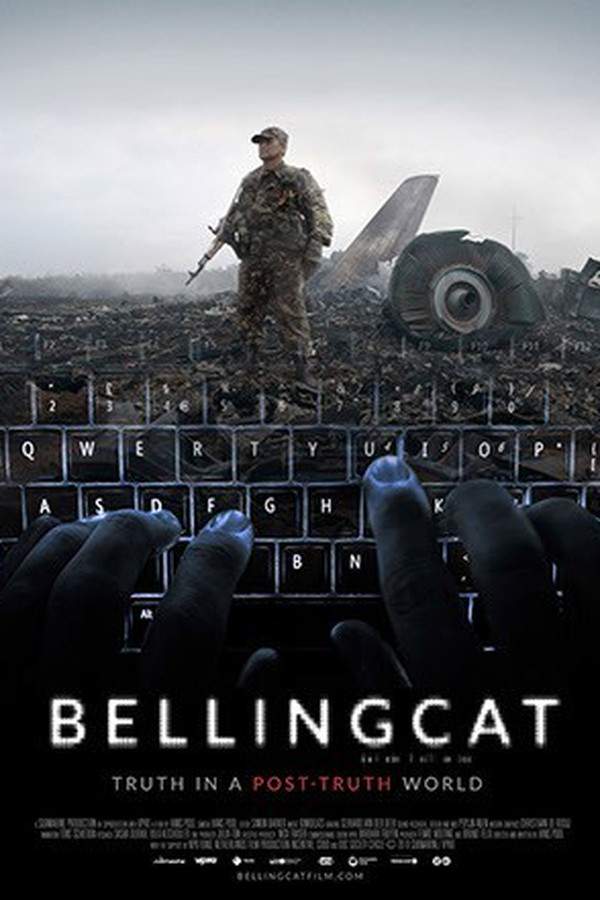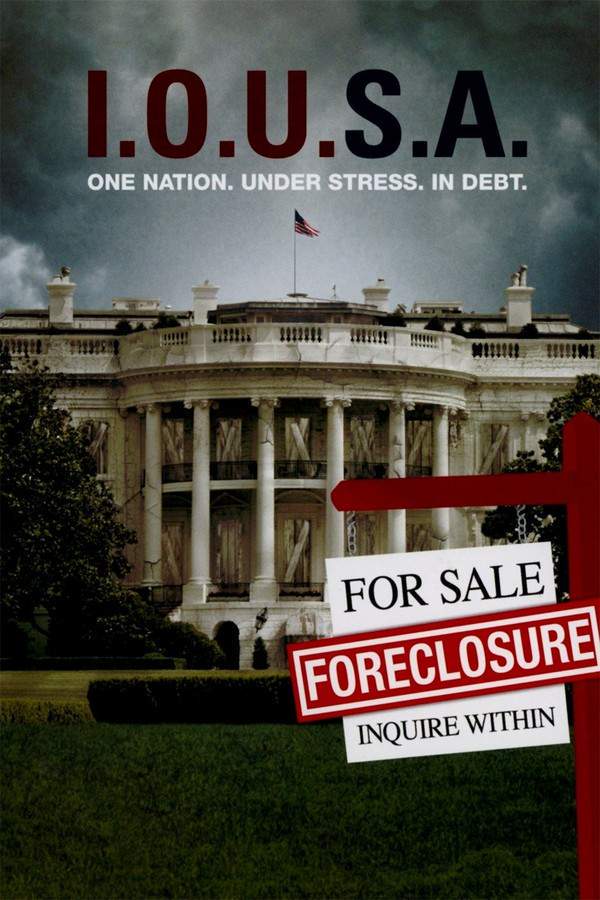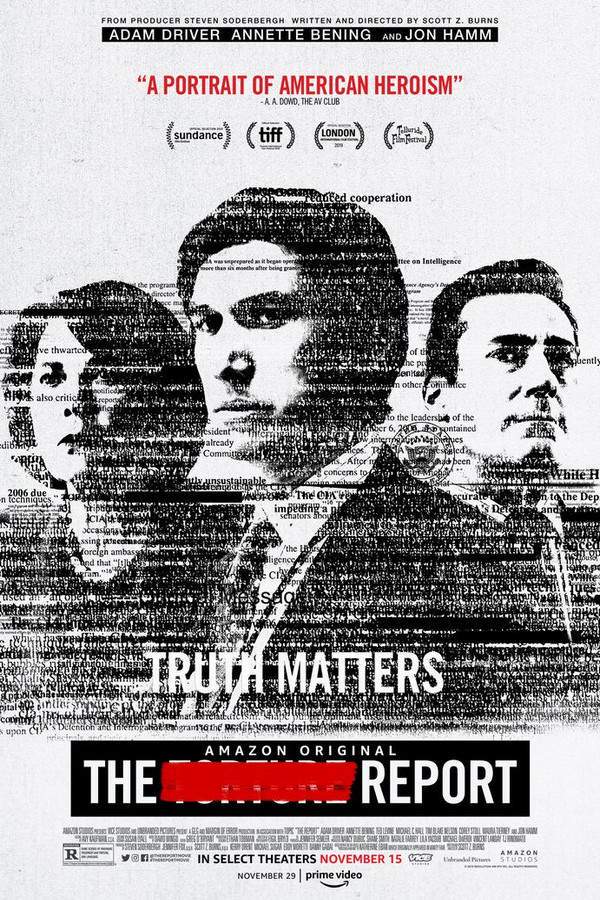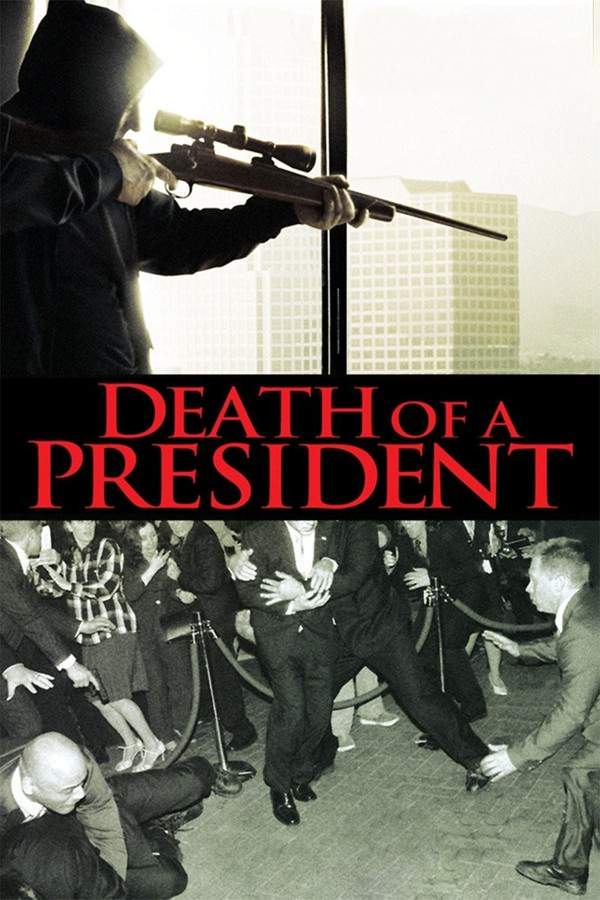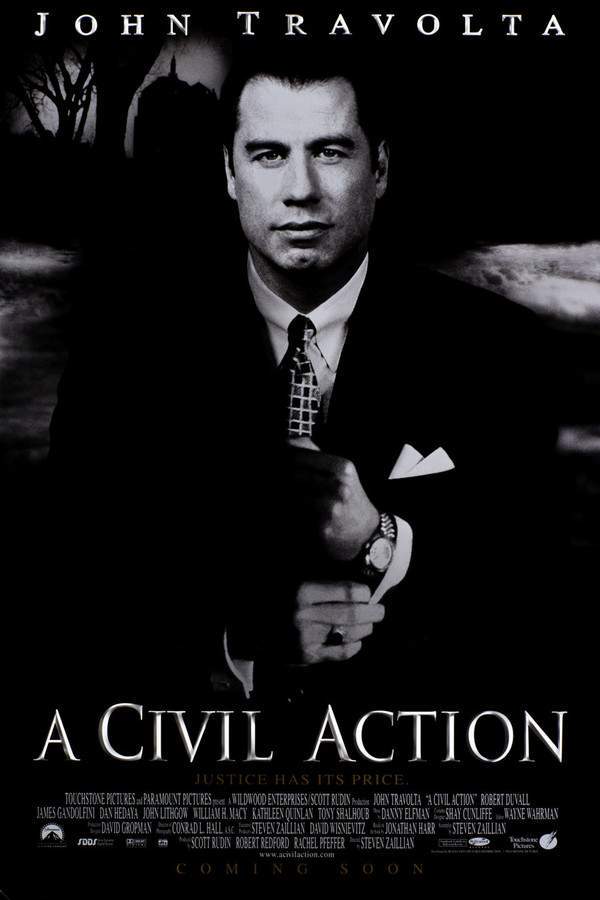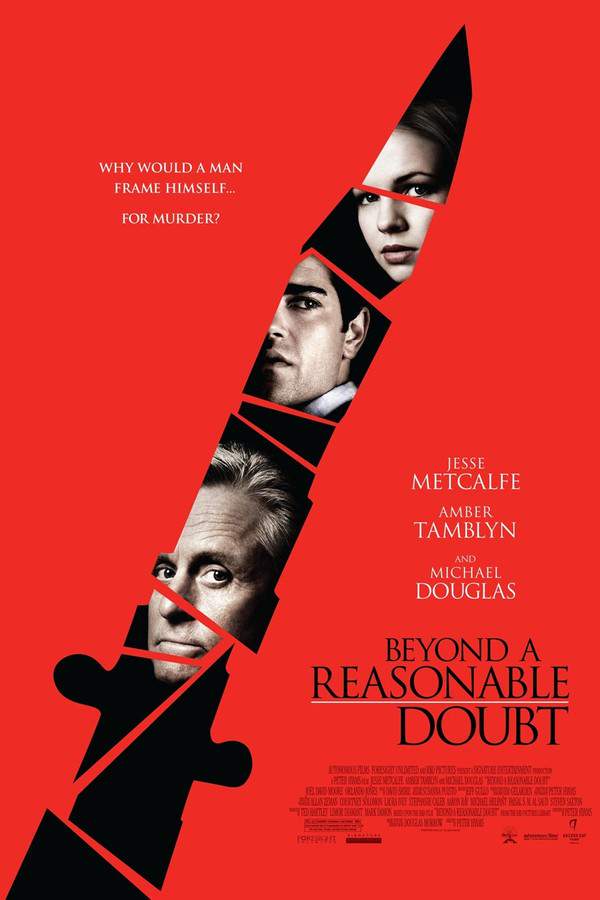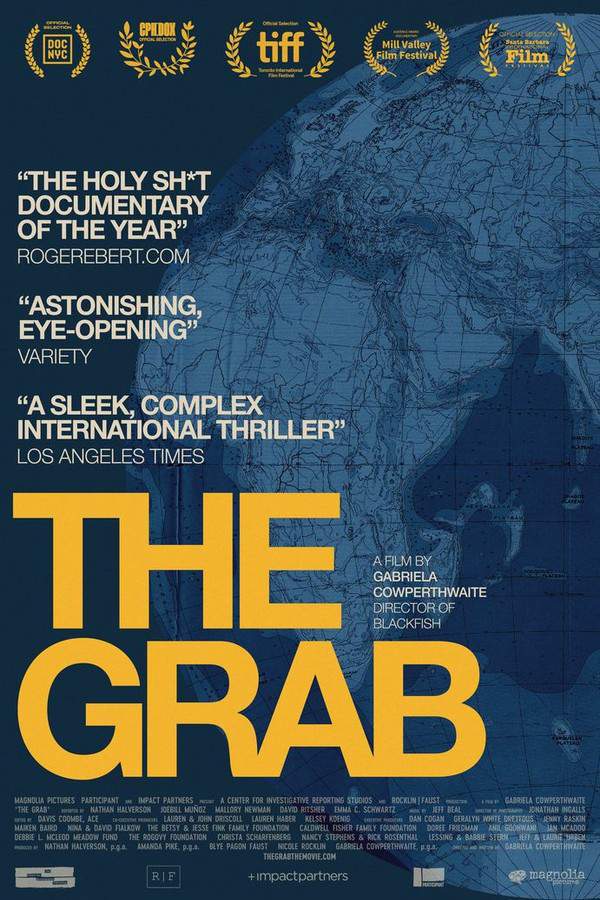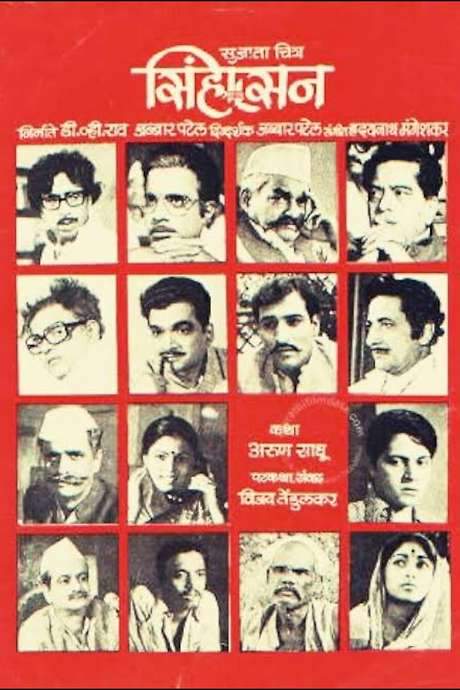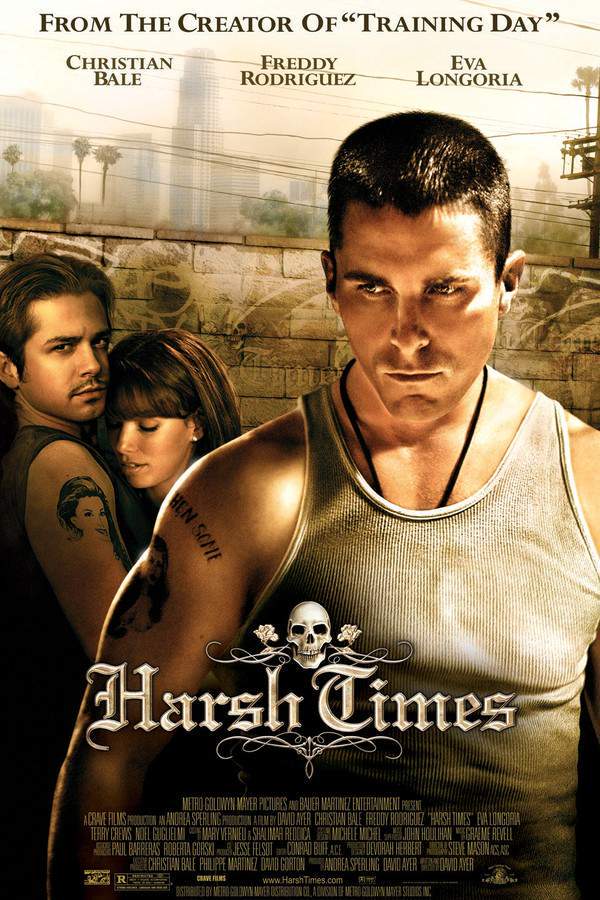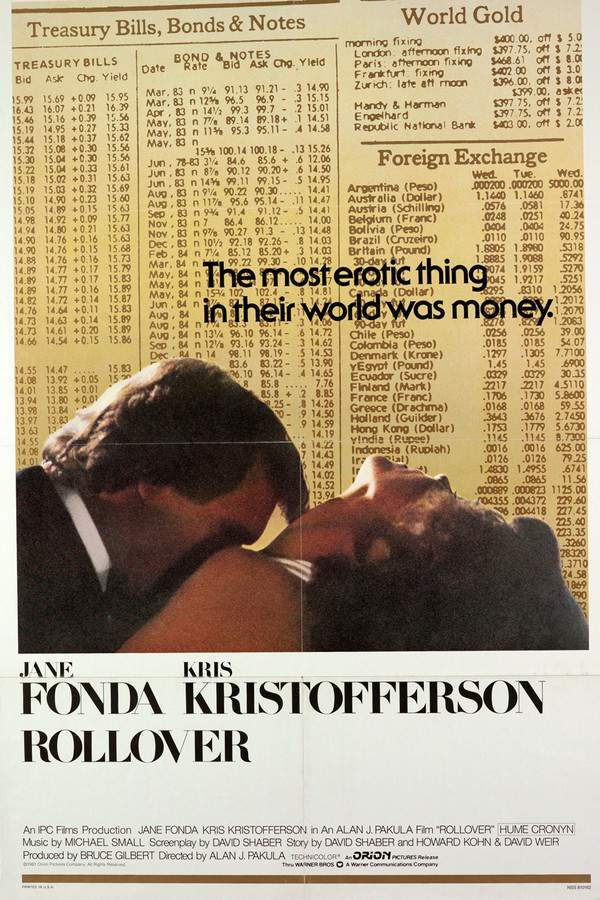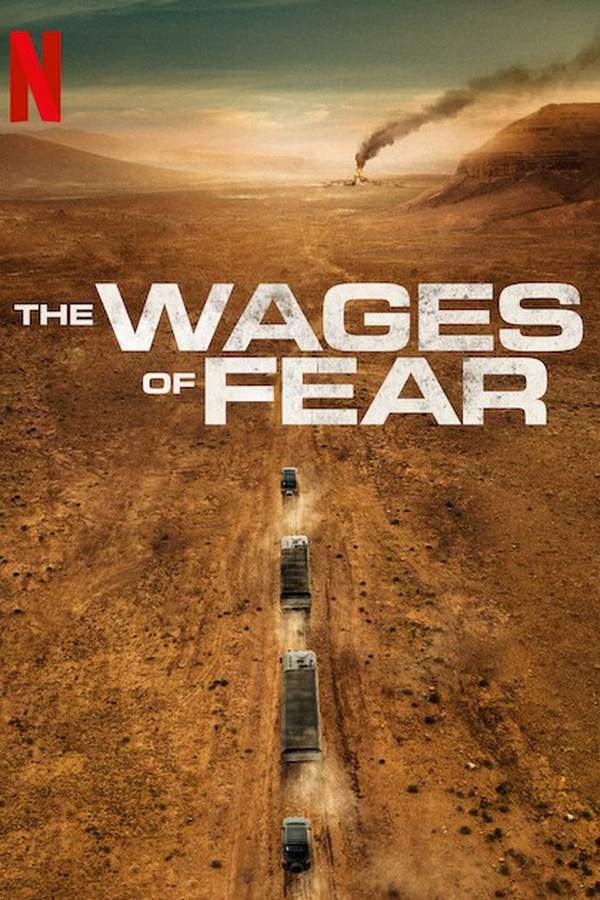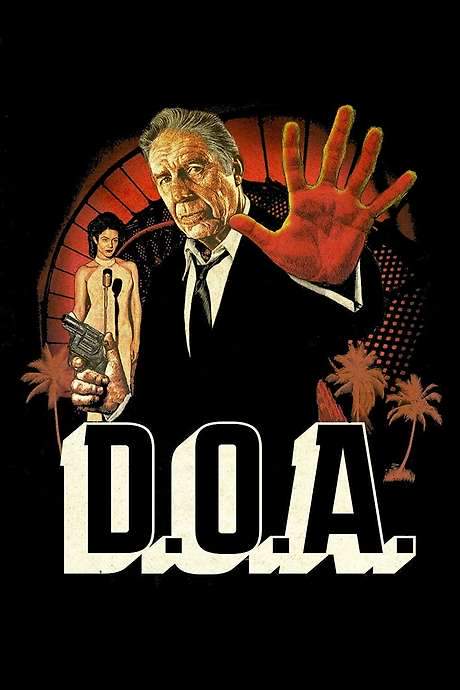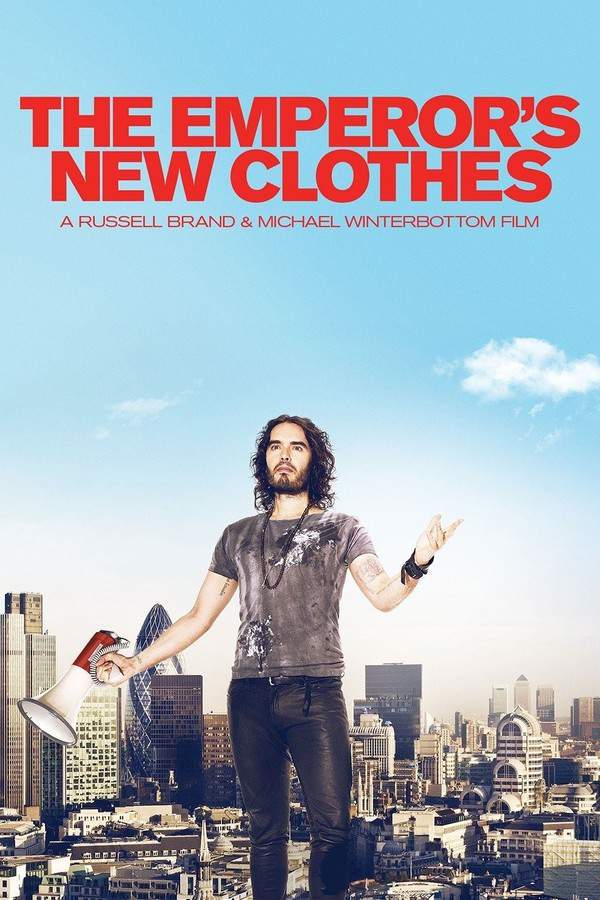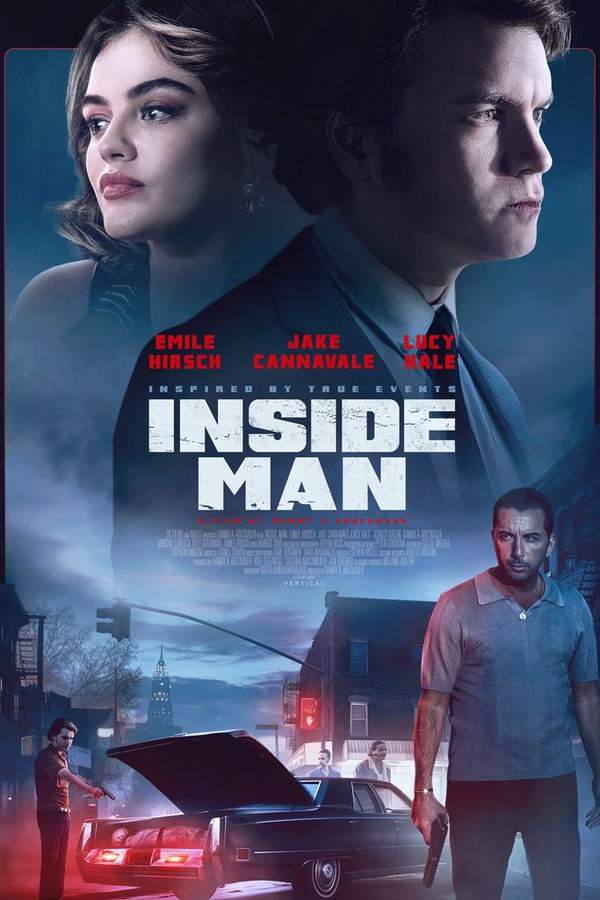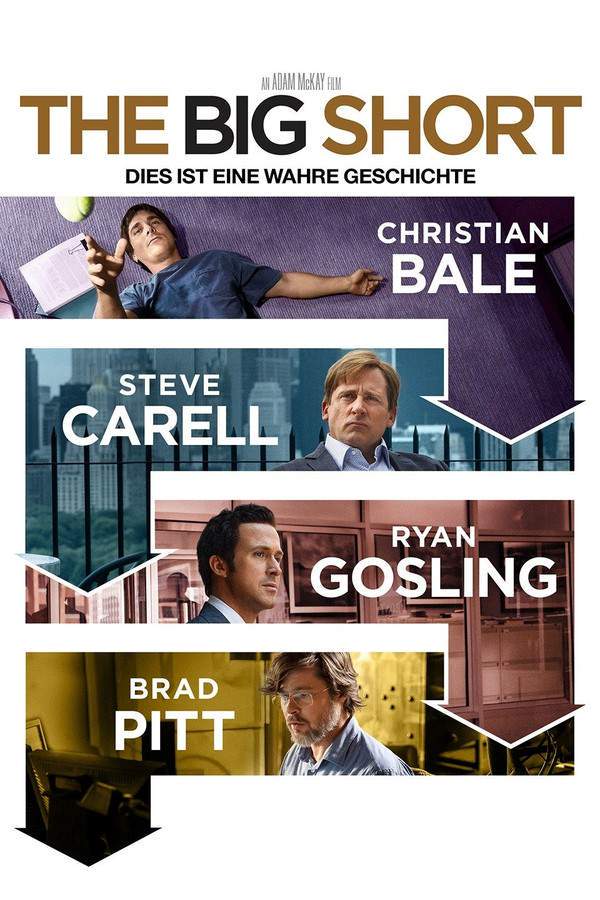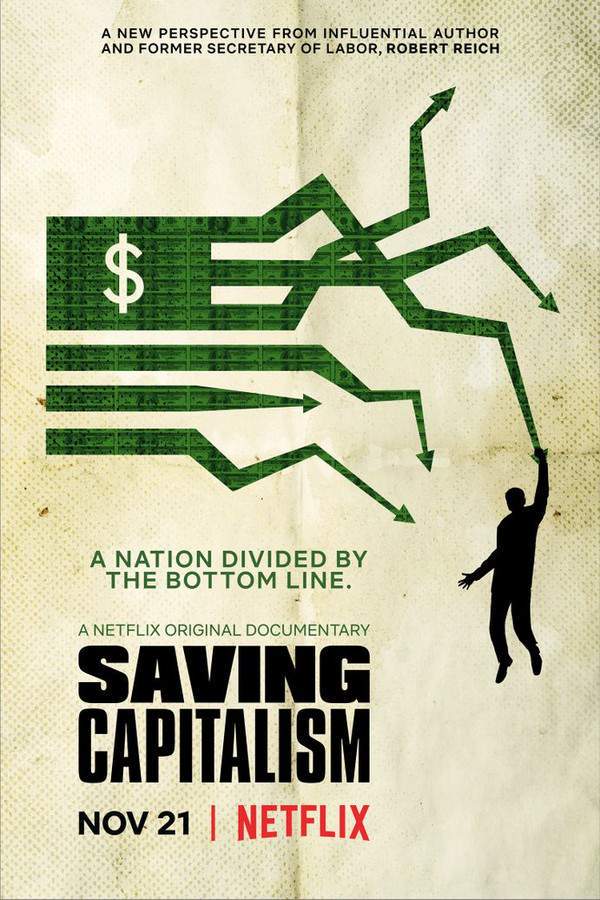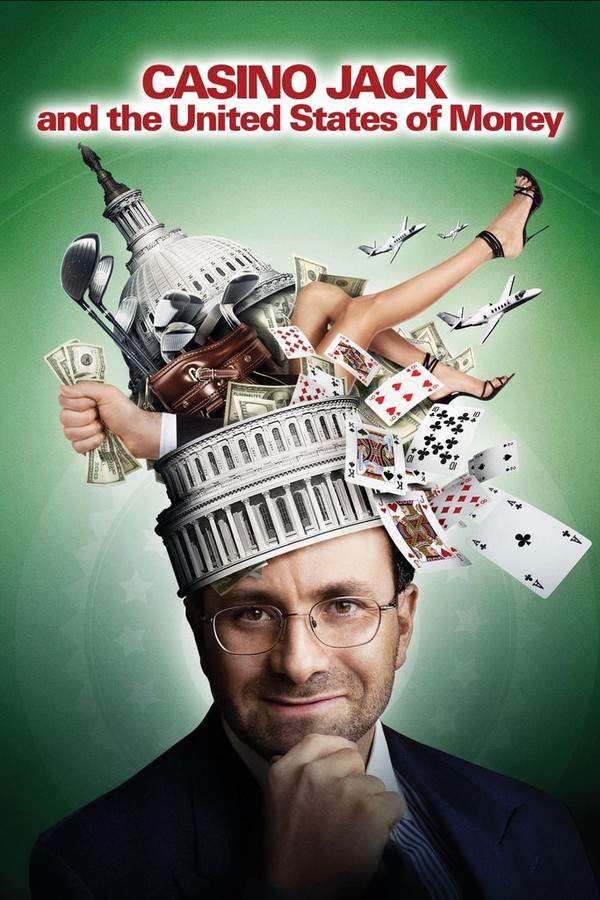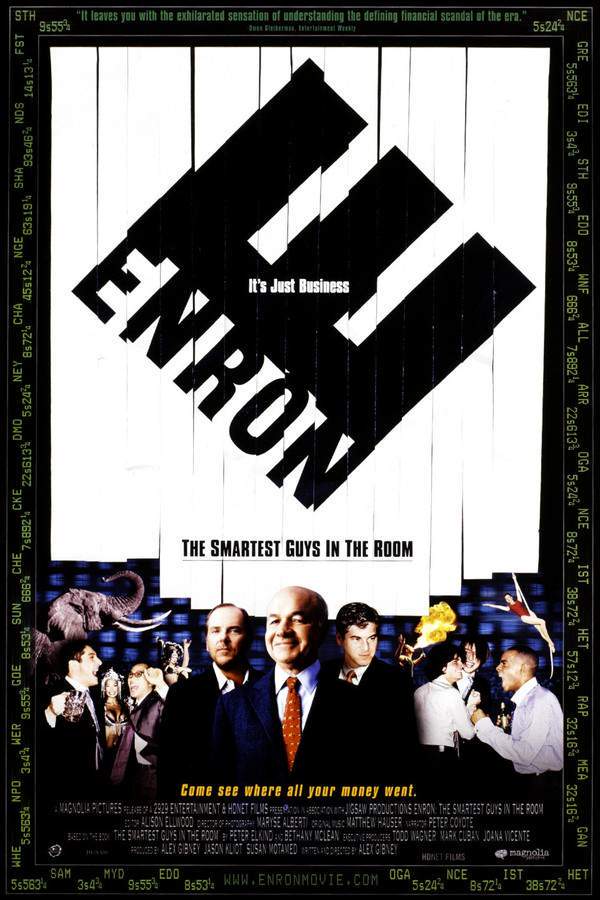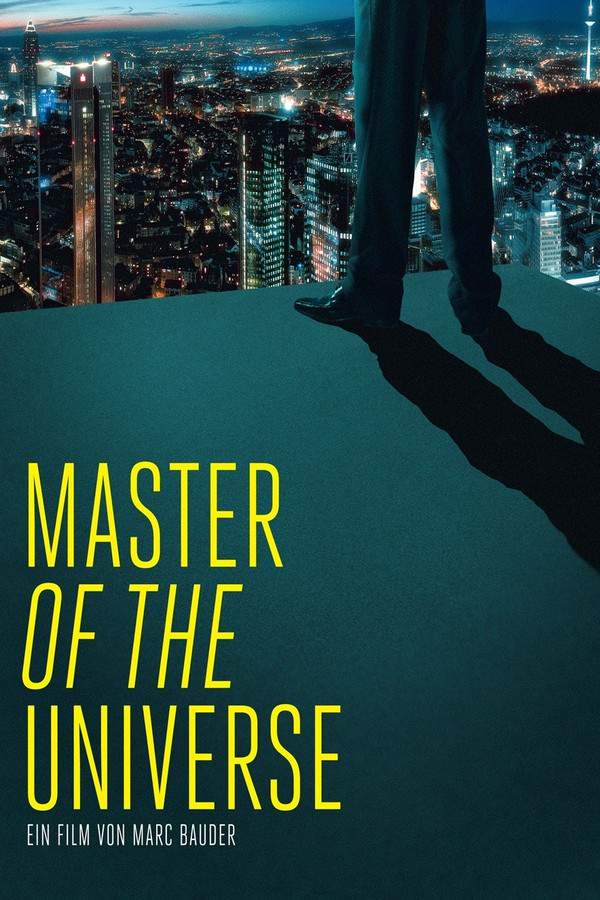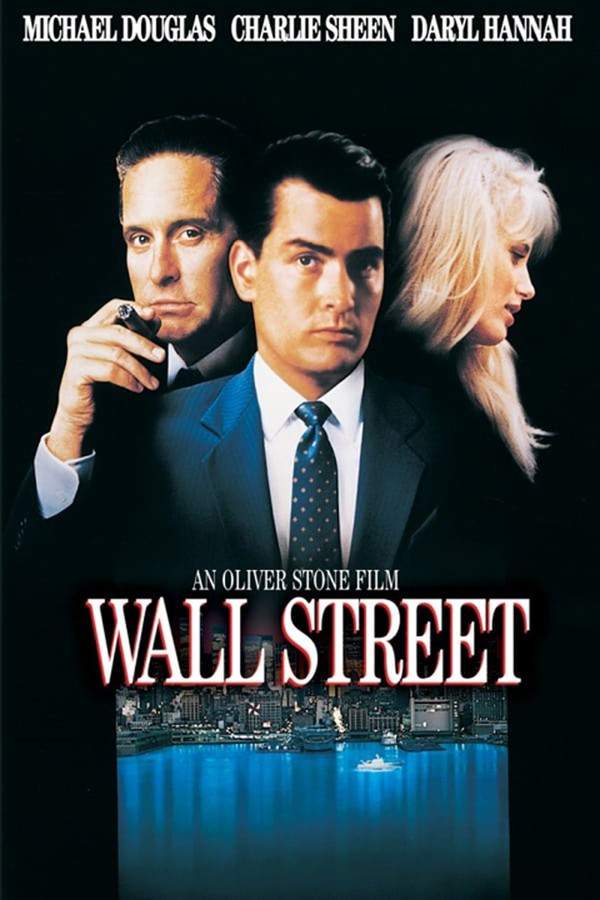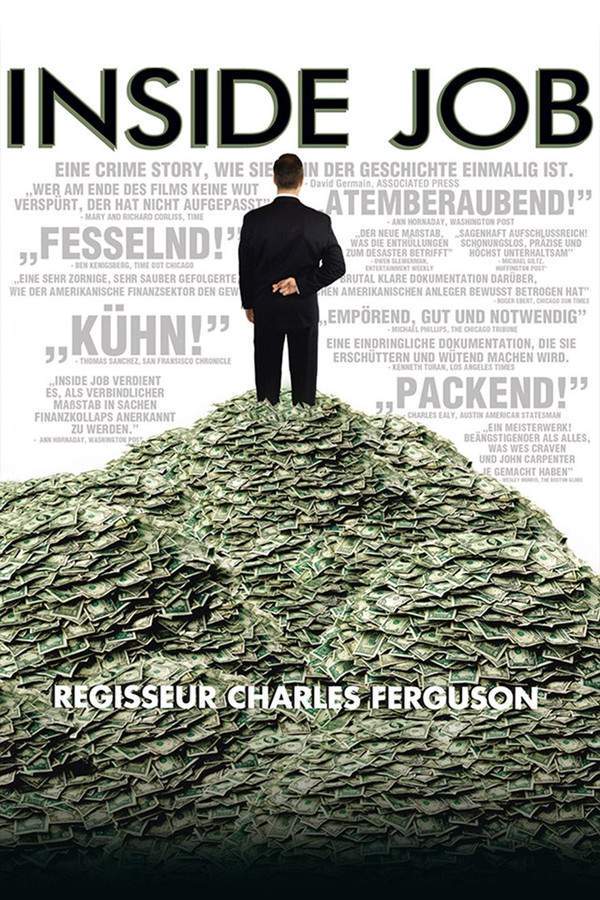
Inside Job
Year: 2010
Runtime: 120 min
Language: English
Director: Charles Ferguson
Budget: $2M
This gripping documentary examines the causes and consequences of the 2008 global financial crisis. Through extensive interviews with bankers, politicians, and economists, it explores the systemic failures and questionable practices that led to the crisis, which cost trillions of dollars and impacted economies worldwide. The film investigates the complex relationships between the financial industry, government regulation, and academic institutions, revealing the human cost of unchecked ambition and risky behavior.
Warning: spoilers below!
Haven’t seen Inside Job yet? This summary contains major spoilers. Bookmark the page, watch the movie, and come back for the full breakdown. If you're ready, scroll on and relive the story!
Timeline & Setting – Inside Job (2010)
Explore the full timeline and setting of Inside Job (2010). Follow every major event in chronological order and see how the environment shapes the story, characters, and dramatic tension.
Last Updated: October 22, 2024 at 19:07
Main Characters – Inside Job (2010)
Meet the key characters of Inside Job (2010), with detailed profiles, motivations, and roles in the plot. Understand their emotional journeys and what they reveal about the film’s deeper themes.
Last Updated: October 22, 2024 at 19:07
Major Themes – Inside Job (2010)
Explore the central themes of Inside Job (2010), from psychological, social, and emotional dimensions to philosophical messages. Understand what the film is really saying beneath the surface.
Last Updated: October 22, 2024 at 19:07
Explore Movie Threads
Discover curated groups of movies connected by mood, themes, and story style. Browse collections built around emotion, atmosphere, and narrative focus to easily find films that match what you feel like watching right now.
Documentaries exposing systemic failure like Inside Job
Methodical investigations that reveal the shocking truths behind broken systems.If you enjoyed the investigative rigor of Inside Job, explore more movies like it. This thread features similar gripping documentaries and dramas that meticulously uncover political corruption, corporate malfeasance, or other complex systemic breakdowns, leaving viewers with a heavy emotional weight.
Narrative Summary
Stories in this thread typically follow a logical, evidence-driven structure, often presented in distinct chapters. They build a case from the ground up, connecting dots between powerful players to reveal a larger pattern of negligence or corruption, leading to a conclusion that underscores the scale of the failure.
Why These Movies?
These films are grouped by their investigative nature, sobering tone, and focus on exposing complex, real-world issues. They share a methodical pacing, high intellectual complexity, and deliver a powerful, often bleak, emotional punch by holding a mirror to societal flaws.
Bleak stories of ambition and collapse like Inside Job
Stories where ambition and flawed systems lead to catastrophic consequences.For viewers who appreciated the tense, bleak journey of Inside Job, this thread collects movies with a similar vibe. Find films about unchecked ambition, high-stakes consequences, and moral failings, whether they are documentaries, dramas, or thrillers, that leave a heavy impact.
Narrative Summary
The narrative pattern often involves protagonists or systems operating with unchecked power, ignoring warning signs until a point of catastrophic failure. The journey is less about redemption and more about exposing the depth of the moral rot, leading to an ending that offers little hope for meaningful change.
Why These Movies?
These movies are united by their high-tension, bleak atmosphere and heavy emotional weight. They focus on themes of greed, failed accountability, and the devastating consequences of complex systems breaking down, creating a consistent vibe of frustration and sobering realization.
Unlock the Full Story of Inside Job
Don't stop at just watching — explore Inside Job in full detail. From the complete plot summary and scene-by-scene timeline to character breakdowns, thematic analysis, and a deep dive into the ending — every page helps you truly understand what Inside Job is all about. Plus, discover what's next after the movie.
Inside Job Summary
Read a complete plot summary of Inside Job, including all key story points, character arcs, and turning points. This in-depth recap is ideal for understanding the narrative structure or reviewing what happened in the movie.

Inside Job Timeline
Track the full timeline of Inside Job with every major event arranged chronologically. Perfect for decoding non-linear storytelling, flashbacks, or parallel narratives with a clear scene-by-scene breakdown.

Inside Job Spoiler-Free Summary
Get a quick, spoiler-free overview of Inside Job that covers the main plot points and key details without revealing any major twists or spoilers. Perfect for those who want to know what to expect before diving in.

More About Inside Job
Visit What's After the Movie to explore more about Inside Job: box office results, cast and crew info, production details, post-credit scenes, and external links — all in one place for movie fans and researchers.

Similar Movies to Inside Job
Discover movies like Inside Job that share similar genres, themes, and storytelling elements. Whether you’re drawn to the atmosphere, character arcs, or plot structure, these curated recommendations will help you explore more films you’ll love.
Explore More About Movie Inside Job
Inside Job (2010) Plot Summary & Movie Recap
Inside Job (2010) Scene-by-Scene Movie Timeline
Inside Job (2010) Spoiler-Free Summary & Key Flow
Movies Like Inside Job – Similar Titles You’ll Enjoy
The Emperor's New Clothes (2015) Plot Summary & Ending Explained
Inside Man (2006) Full Summary & Key Details
The Big Short (2015) Full Movie Breakdown
Saving Capitalism (2017) Detailed Story Recap
Casino Jack and the United States of Money (2010) Ending Explained & Film Insights
Enron: The Smartest Guys in the Room (2005) Full Summary & Key Details
Master of the Universe (2014) Full Movie Breakdown
Wall Street: A Wondering Trip (2005) Full Summary & Key Details
Blurred Lines: Inside the Art World (2017) Film Overview & Timeline
System Error (2018) Story Summary & Characters
The Men Who Stole the World (2018) Ending Explained & Film Insights
Panic: The Untold Story of the 2008 Financial Crisis (2018) Ending Explained & Film Insights
Inside 9/11 (1000) Detailed Story Recap
Age of Easy Money (2023) Film Overview & Timeline
Game Over - The Fall of Credit Suisse (2025) Film Overview & Timeline


